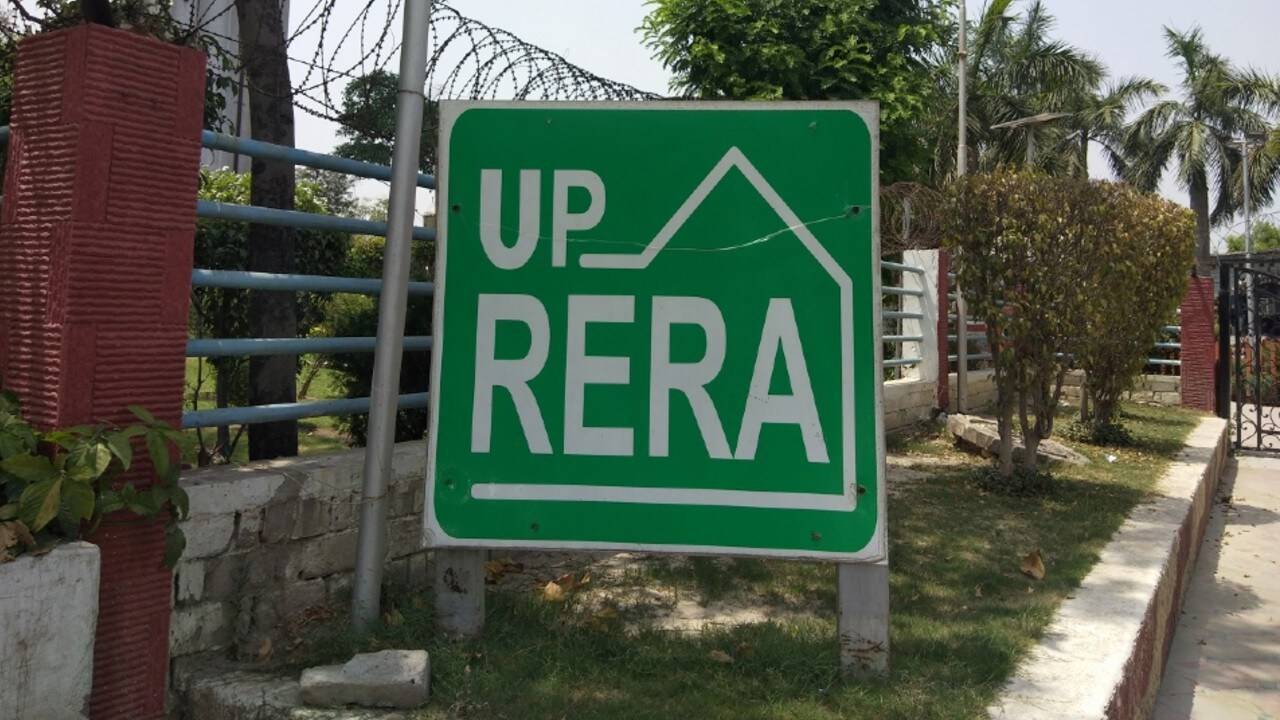The Greater Visakhapatnam Municipal Corporation (GVMC) is set to strengthen the city’s sewage management infrastructure by constructing three new sewage treatment plants (STPs) at Appughar, Sagar Nagar, and Bheemili. This initiative is aimed at addressing rising sewage volumes and reducing untreated effluent discharged into the Bay of Bengal.
Currently, Visakhapatnam generates around 225 million litres per day (MLD) of sewage. Of this, approximately 171 MLD undergoes treatment, while the remaining 54 MLD flows untreated into the ocean. The planned STPs are expected to add a combined treatment capacity of 38 MLD, which will help meet the needs of local industries and residential areas, especially given that the city requires close to 400 MLD of water to sustain ongoing urban and industrial activities.
The STPs at Sagar Nagar and Bheemili are being developed in collaboration with the International Finance Corporation (IFC). The agreement anticipates that these facilities will be completed within three years. Beyond the new plants, GVMC is also undertaking significant upgrades to existing sewage infrastructure. Currently, sewage from 41 drains—comprising 18 closed drains and 23 open drains—is discharged into the sea. As part of the IFC-backed initiative, 13 open drains will be converted, while the remaining 10 will undergo modernization to enhance efficiency and environmental compliance.
This project represents a key step toward sustainable urban water management in Visakhapatnam. By expanding treatment capacity and improving the sewage network, GVMC aims to reduce the volume of untreated sewage released into the ocean, safeguard coastal ecology, and support the city’s industrial and residential water requirements. Improved treatment also aligns with national and international environmental standards, strengthening the city’s resilience against pollution and promoting public health.
The new STPs are expected to ease these pressures while providing long-term solutions for sewage management. The partnership with IFC also highlights the importance of international cooperation in addressing urban infrastructure challenges, offering access to funding, technical expertise, and best practices in sewage treatment and drainage management.









.png)